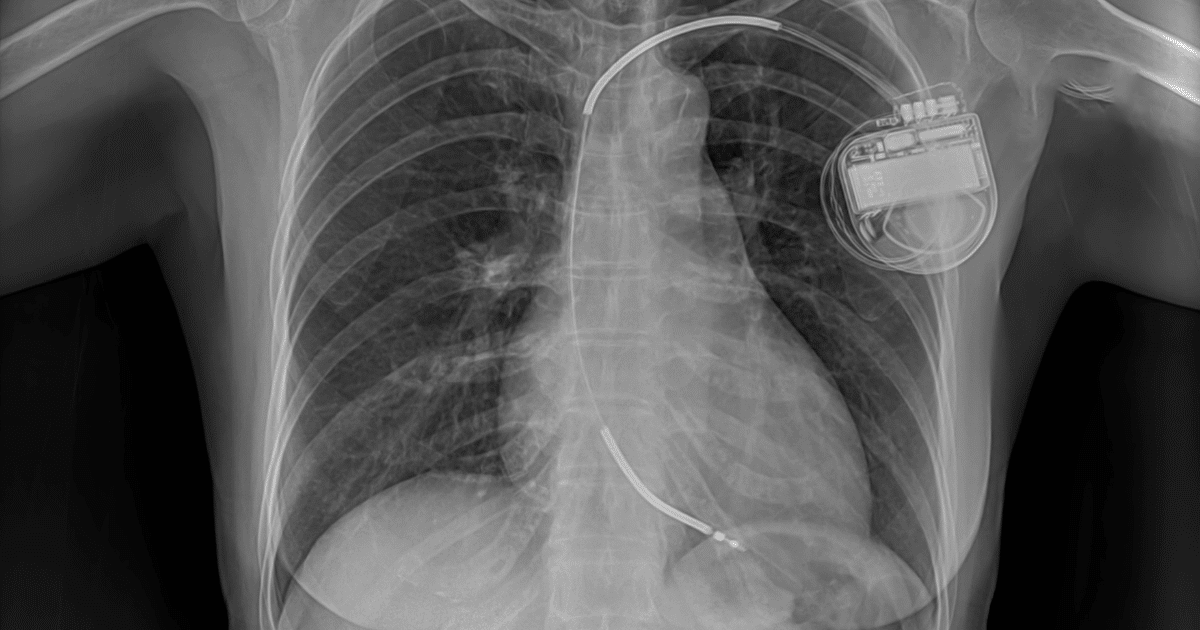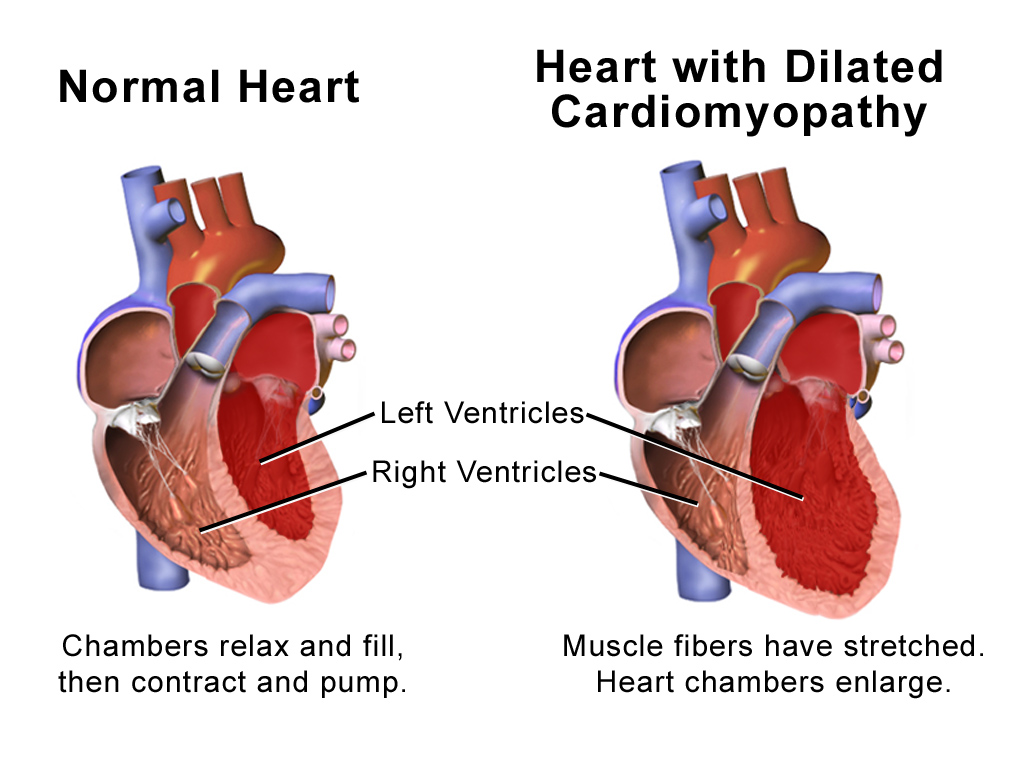Heart Surgeries
VA Disability for Heart Surgeries
Living with a heart condition can mean frequent chest discomfort, difficulty breathing, and fatigue. When a heart condition requires surgery, everyday tasks like walking and taking a shower can become even harder to manage.
Veterans with heart conditions that require heart stents, valve replacement, pacemakers, or coronary bypass surgery may be eligible for a VA rating for heart surgery. In this article, we’re taking a look at how heart surgery to treat a service-connected heart condition can affect a VA disability rating, and how the VA rates heart attacks and other heart issues that may require surgery.
Heart conditions and heart surgery in veterans
Studies suggest that among individuals older than 50 in the U.S., veterans are at a higher risk of heart disease. Common heart conditions among veterans include but aren’t limited to:
- Ischemic heart disease
- Coronary heart disease
- Arteriosclerosis
- Atrial Fibrillation
Due to the stresses of military service, potential exposure to airborne hazards, use of coping mechanisms like smoking, and service-connected mental health conditions like depression and PTSD, some veterans may develop heart conditions that require surgery. Common heart surgeries include valve replacements and stent insertions, among others.
VA ratings for heart surgery
In the event of heart surgery due to a service-connected heart condition, veterans should understand how surgery can affect their disability rating.
Pacemaker effect on VA disability
If your heart has a slow or irregular heartbeat, a pacemaker may be necessary to help stimulate the heart and keep it beating regularly. If you have a pacemaker installed due to a service-connected condition, the VA will assign you a temporary 100% disability rating for one month after you are discharged from the hospital for implantation or re-implantation, under diagnostic code 7018.
VA disability for heart valve replacement
When a heart valve fails to open adequately or leaks, the heart’s ability to pump blood throughout the body can be severely affected. If diet and medication aren’t enough to treat it, heart valve replacement surgery may be required. Heart valve replacement involves the removal of an affected heart valve, and replacing it with a prosthesis.
The VA awards a 100% disability rating for an “indefinite period of time” following the date the veteran was admitted to the hospital for a service-connected prosthetic heart valve replacement under diagnostic code 7016. Six months following hospital discharge, the veteran will be re-evaluated and assigned a new rating under the General Rating Formula for Diseases of the Heart, based on their level of impairment.
Description |
VA Rating |
Monthly Payment
|
|---|---|---|
Workload of 3.0 METs or less results in heart failure symptoms |
100% |
$3,737.85 |
Workload of 3.1–5.0 METs results in heart failure symptoms |
60% |
$1,3161.88 |
Workload of 5.1–7.0 METs results in heart failure symptoms; or evidence of cardiac hypertrophy or dilatation confirmed by echocardiogram or equivalent (e.g., multigated acquisition scan or magnetic resonance imaging) |
30% |
$524.31 |
Workload of 7.1–10.0 METs results in heart failure symptoms; or continuous medication required for control |
10% |
$171.23 |

Presumptive service connection for heart disease
The VA presumes that specific disabilities diagnosed in certain veterans were caused by their military service because of the unique circumstances of their service.
While no heart surgeries are considered presumptive, ischemic heart disease, which can lead to heart surgery in some cases, is presumptive of qualifying Agent Orange exposure.
If you were exposed to Agent Orange during military service and later developed ischemic heart disease, you will not have the burden of proving a medical nexus. In other words, the VA will automatically assume your condition was caused by your service.
To be eligible for these presumptive connections, the time and place of your service must also fit within the established guidelines used by the VA.
VABC for heart conditions
Veterans with a service-connected heart condition that prevents them from holding “gainful employment” may be eligible for their heart condition.
A heart condition and its residual mental and physical effects could make it difficult to perform physical work without getting overtired or out of breath. Sleep problems can commonly occur alongside certain heart diseases or after heart surgery. These sleep issues may lead to poor concentration and trouble staying on task. Many people who have a “cardiac event” also experience anxiety or other mental health conditions like PTSD. Poor mental health can contribute to other difficulties in the workplace.
VABC is intended to compensate veterans who aren’t able to work because of a service-connected heart condition, but their disability is not rated 100% disabling. VABC pays the same monthly amount as a 100% rating, without the veteran meeting the schedular criteria of a 100% rating.
To qualify for VABC, veterans must typically have a combined rating of 70%, with one disability rated at least 40%, or must have one disability rated at 60% or higher.

